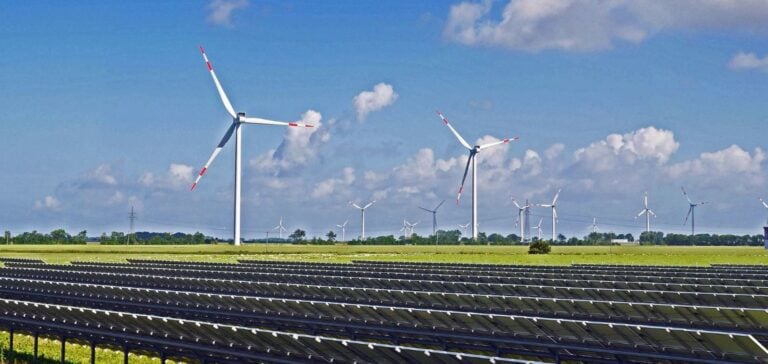The reform of the European electricity market, aimed at stabilizing prices and encouraging investment in clean energy, is about to be approved by MEPs. The reform does not fundamentally alter the electricity market, but introduces long-term contracts to mitigate the impact of volatile gas prices. Member States will be able to impose the use of these contracts to protect consumers, particularly SMEs, and establish public guarantees for the credit risks associated with these agreements, while limiting support for renewable energies.
Support for low-carbon investment
From 2027, all public support for decarbonized electricity generation will be provided through Contracts for Difference or equivalent schemes, offering greater predictability for investors. These mechanisms guarantee a fixed price paid by the State to the producer if market prices are lower, and vice versa, and include investments in increasing capacity or extending the lifespan of power plants, including nuclear power plants.
Reserve capacities and exemptions for coal
Capacity mechanisms enable governments to pay for unused power plant capacity to prevent future shortages. A derogation limited to 2028 will allow coal-fired power plants built before 2019, notably in Poland, to continue operating despite the usual environmental restrictions.
Crisis management and price control
In the event of a sustained rise in electricity prices, Member States will be able to trigger a “crisis situation” at EU level for up to one year, enabling the adoption of protective measures such as the tariff shield. Consumers who reduce their consumption during peak periods can also be remunerated, thus stabilizing the market during periods of high demand.
The reform of the EU electricity market seeks to balance consumer protection with support for investment in decarbonized energies, representing a significant step forward for the energy transition in member countries.






















